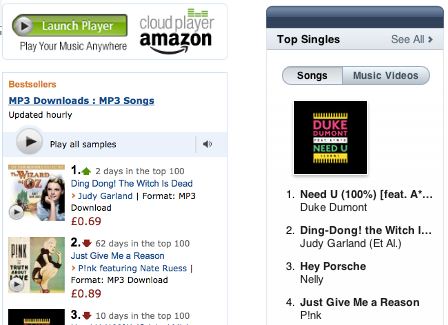Last night, after her death was announced, spontaneous celebrations did erupt in parts of Britain; as of yesterday afternoon, the centre of Liverpool reportedly looked “like bonfire night on Endor”, and other celebrations took place in Glasgow, Bristol, Brixton and Republican areas of Northern Ireland. Elsewhere, the manager of an Oddbins was suspended after announcing a special on champagne “in case anyone wanted to celebrate for any reason”.
Other than that, there have been few signs of public jubilation in London; no red bunting bedecking streets, no spontaneous street parties around portable stereos blaring out Billy Bragg songs, no jubilant signs in windows, not even an uncanny sense of euphoria in the air. And, when one thinks about it, it's hardly surprising, as there's precious little to celebrate. An old, frail woman, whose actions caused considerable suffering for many (and, for a few, great fortune) a quarter-century ago, died at an advanced age, amidst luxury; and, short of being borne to Valhalla on the wings of valkyries, there could scarcely be a more victorious way to exit life. If she was aware of anything in her last days, it would have been of the triumph of her views and the utter vanquishment of all opposition. The welfare state has been dismantled to an extent she dared not imagine, trade unions are all but extinct, and neo-Thatcherism is the backbone of all admissible political parties. Other than there still being homosexuals and trains in Britain, there could have been little to disappoint her. Thatcher may be dead, but Thatcherism is stronger than ever. If anyone has reason to be popping the corks on those bottles of champagne, it would be the Conservative Party faithful and perhaps the Blairite wing of Labour, paying tribute to the end of a triumphant life.
While she may have been victorious, that is not to say that her victory was accepted. Perhaps telling are official shows of respect which were not called for, in case lack of observance says too much. For instance, football matches will not be observing a minute's silence. There will also be no state funeral, which would have required both a parliamentary vote (and the spectacle of Labour backbenchers defying the whip and Sinn Fein members being ejected from the chamber would have been somewhat insalubrious) and a national minute's silence. The funeral itself will be one step short of a state funeral, and the first Prime Minister's funeral attended by the Queen since Churchill's state funeral; it will be held next Wednesday, with central London under lockdown and a heavy police presence; one imagines that Thatcher wouldn't have wanted it any other way.
Finally, at the time of writing, Judy Garland is enjoying an uncanny career resurgence in the British pop charts; Ding Dong The Witch Is Dead is at number 2 on the iTunes chart and number 1 on the Amazon MP3 chart. Yay for slacktivism!
